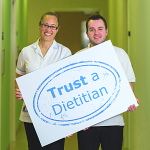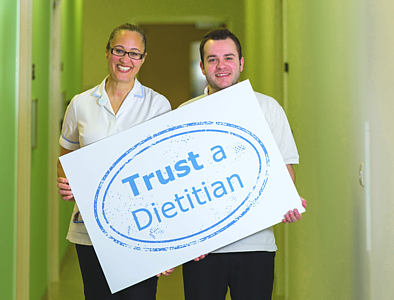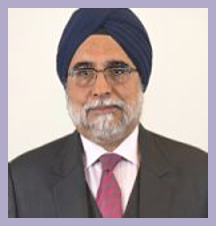 by Leyla Hannbeck, Director of Pharmacy at NPA
by Leyla Hannbeck, Director of Pharmacy at NPA
People living with musculoskeletal conditions are often taking several prescribed and over-the-counter medicines, so come into frequent contact with their local pharmacist. For example, someone with arthritis may be taking Co-Codamol for pain relief, patches for heat therapy and amitriptyline for depression. (ARMA’s policy paper on mental health is a cogent reminder about the complex interplay of mental and physical conditions).
But even frequent visitors to pharmacies may not be aware of the full range of NHS services available there.…
Read more of this article



 Guest blog by Suzanne Rastrick, Chief Allied Health Professions Officer, NHS England
Guest blog by Suzanne Rastrick, Chief Allied Health Professions Officer, NHS England
 by Dr Hamish Reid, Consultant in Sport and Exercise Medicine, Moving Medicine design and development lead
by Dr Hamish Reid, Consultant in Sport and Exercise Medicine, Moving Medicine design and development lead
 The BOA is nearing the end of our Centennial year and reflecting on 100 years of developments in orthopaedic surgery. While innovation in surgical techniques has dramatically improved patient care, the changing nature of healthcare delivery systems, rationing and access to care mean that many patients are still struggling with the day-to-day impact of MSK conditions.
The BOA is nearing the end of our Centennial year and reflecting on 100 years of developments in orthopaedic surgery. While innovation in surgical techniques has dramatically improved patient care, the changing nature of healthcare delivery systems, rationing and access to care mean that many patients are still struggling with the day-to-day impact of MSK conditions.
 Guest blog by Professor Anthony Woolf, Chair, ARMA
Guest blog by Professor Anthony Woolf, Chair, ARMA
 Guest blog by Ms. Nuzhat Ali, National MSK Lead, Public Health England
Guest blog by Ms. Nuzhat Ali, National MSK Lead, Public Health England
 The Allied Health Professions most commonly associated with arthritis and MSK conditions are probably our colleagues in Physiotherapy and Occupational Therapy, but the British Dietetic Association (BDA) believe dietitians have a key role to play in supporting patients and working with colleagues as part of multidisciplinary teams to prevent and treat these conditions.
The Allied Health Professions most commonly associated with arthritis and MSK conditions are probably our colleagues in Physiotherapy and Occupational Therapy, but the British Dietetic Association (BDA) believe dietitians have a key role to play in supporting patients and working with colleagues as part of multidisciplinary teams to prevent and treat these conditions. 
 Chair of the Council for Work and Health
Chair of the Council for Work and Health
 Guest blog by David Albury, Board Director Innovation Unit
Guest blog by David Albury, Board Director Innovation Unit
 Guest blog by Satjit Singh, Chief Executive, Society for Promoting Chiropractic Education
Guest blog by Satjit Singh, Chief Executive, Society for Promoting Chiropractic Education